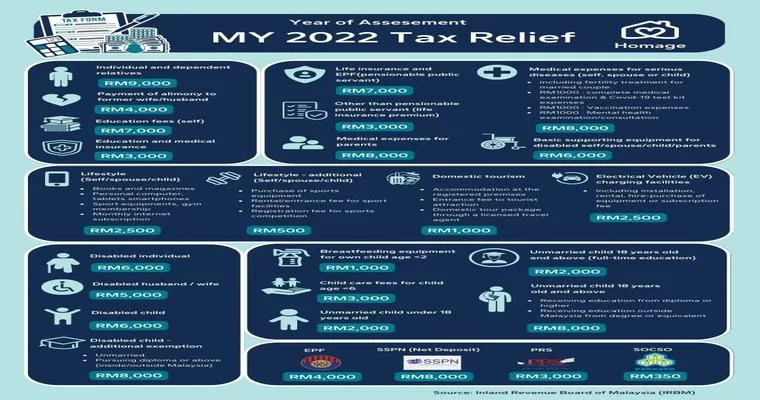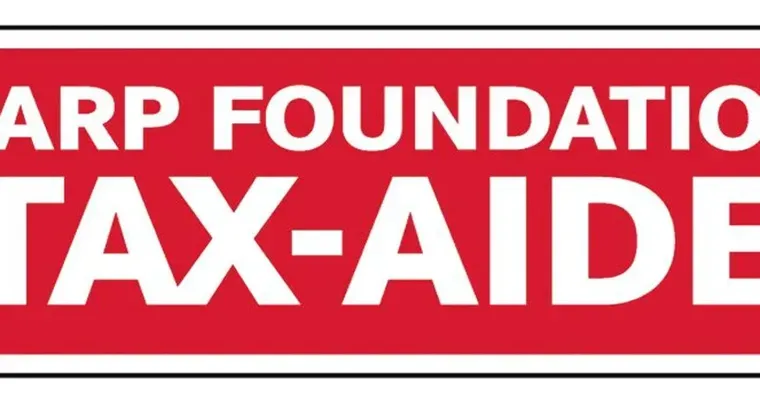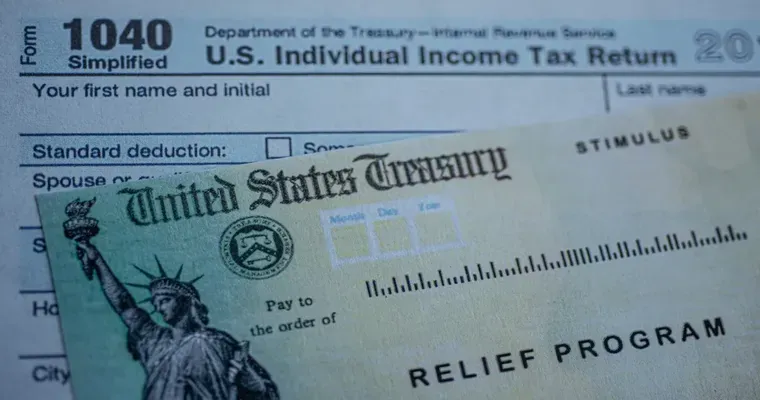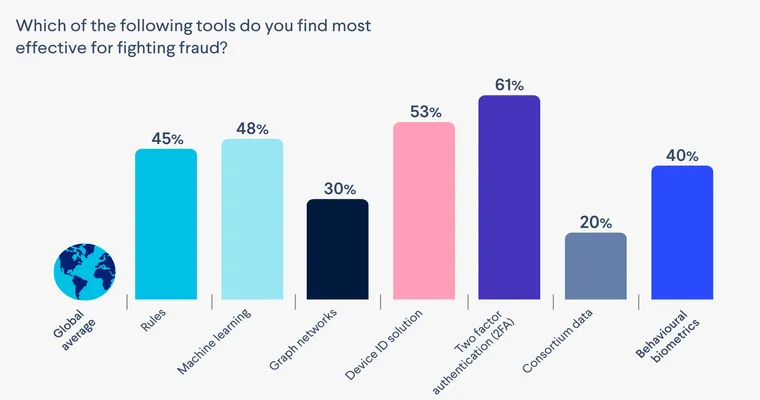When it comes to managing the financial responsibilities of caring for a loved one, many families wonder if "caregiver costs" can be deducted from their "income taxes". Understanding the potential tax benefits associated with caregiver expenses can significantly alleviate some of the financial burdens faced by family caregivers. This article explores the eligibility criteria, types of deductible expenses, and how to effectively navigate tax deductions related to caregiving.
Understanding Caregiver Costs
Caregiver costs refer to expenses incurred when hiring someone to assist with the daily needs of a person who may be elderly, disabled, or chronically ill. These expenses can include wages paid to professional caregivers, costs for adult day care services, and even certain medical expenses related to caregiving. While these costs can accumulate quickly, the good news is that some of these expenses may qualify for "tax deductions".
Tax Deductions for Caregiver Costs
To determine if caregiver costs can be deducted from your income taxes, it is crucial to understand several key factors:
1. "Qualifying Individual": The person receiving care must generally be a qualifying relative, such as a parent, spouse, or dependent who meets specific criteria set by the IRS.
2. "Medical Expenses": If the caregiver is providing services that are primarily for medical care, these costs may be deductible as "medical expenses". This includes hiring a caregiver for assistance with activities of daily living that are medically necessary.
3. "Itemizing Deductions": To deduct caregiver costs, taxpayers must itemize their deductions on their tax return. This means that the total of all itemized deductions must exceed the standard deduction amount.
4. "Limitations and Thresholds": The IRS only allows a deduction for the portion of medical expenses that exceeds 7.5% of your adjusted gross income (AGI). Therefore, if your AGI is $50,000, only medical expenses surpassing $3,750 (7.5% of $50,000) can be deducted.
Types of Deductible Caregiver Expenses
The following are examples of caregiver costs that may be deductible:
"Wages for In-Home Care": If you hire a caregiver to provide in-home assistance, their wages may be deductible as long as the care is medically necessary.
"Adult Day Care Services": Payments for adult day care services can also qualify for deductions, provided the services meet medical necessity criteria.
"Transportation Costs": If you incur transportation costs related to medical care for the individual receiving care, these expenses may also be deductible.
"Medical Equipment and Supplies": Expenses for medical equipment or supplies needed for the individual’s care can often be included in the deduction.
How to Claim Deductions
To claim caregiver cost deductions, it is essential to keep thorough records of all expenses related to caregiving. Documenting receipts, invoices, and any other pertinent information will help substantiate your claims during tax preparation. When filing your taxes, you will need to use "Schedule A" to itemize your deductions if you qualify.
Conclusion
In conclusion, while caregiver costs can often be a significant financial burden, understanding the potential for tax deductions can provide some relief. By determining if the services provided qualify as medical expenses and ensuring you meet all IRS requirements, you can potentially deduct these costs from your income taxes. Always consider consulting a tax professional to navigate the complexities of tax deductions related to caregiving, ensuring you maximize any benefits available to you.





